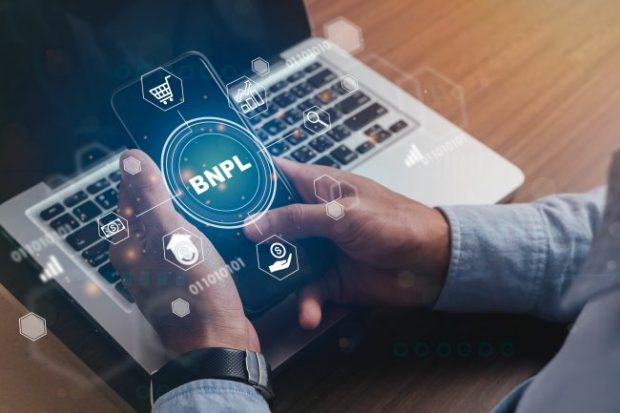The CFPB issued its long-awaited payday lending rules Thursday and they specifically exempt loans modeled after the NCUA payday alternative loan program, regardless of whether the loan is made by a bank or credit union.
“The loans currently offered by federal credit unions appear to be substantially safer with regard to risk of default, reborrowing and collateral harms from unaffordable payments than many alternative products on the market today,” the CFPB said.
The CFPB conducted a field hearing on the proposed rules on Thursday in Kansas City, Mo.
Credit unions have been pressing for an exemption from the rules, which are designed to rein in payday lending the CFPB considered predatory. The agency defined a payday loan as a short-term loan that is typically due on the borrower's next payday. Borrowers are typically required to give lenders access to a checking account or write a post-dated check for the full balance. The loan's cost may range from $10 to $30 for every $100 borrowed and sometimes carries an APR of almost 400%.
“I think there's deeper digging that has to go on,” Ben Morales, CEO at QCash, which markets a payday alternative loan program to credit unions. He said certain definitions could be a sticking point for the CFPB, although he added credit unions that QCash serves likely could comply with the rules.
Through its PAL program, the NCUA permits federal credit unions to charge an interest rate of 1,000 basis points above the maximum interest rate established by the NCUA board and an application fee of not more than $20. The loan would need to be structured with a term of 46 days to six months, with substantially equal and amortizing payments due at regular intervals and no prepayment penalty. The minimum loan size would be $200 and the maximum loan size $1,000.
The CFPB estimated that in 2015, more than 700 federal credit unions offered PALs, with originations at $123.3 million, representing a 7.2% increase from 2014.
The CFPB expressed concern that in many cases, payday borrowers take out multiple loans from several lenders. That is unlikely to occur with credit union borrowers since they have to be members of the credit union to obtain a loan.
And the CFPB said credit unions that make or are interested in making payday loans have expressed concern that if additional rules are placed on top of NCUA PAL rules, they might have to consider dropping the borrowing opportunity.
Credit union officials were cautious in their reaction to the rules.
NAFCU President/CEO Dan Berger said the PAL exemption was a very good sign, but that NAFCU wanted to review the rules before making an additional comment.
CUNA Chief Advocacy Officer Ryan Donovan called the proposed rule complicated and said it will take some time for all affected parties to discern its implications.
“We would rather be right in our analysis than first with an analysis,” he said.
The payday alternative offered by the $33 million One Detroit Credit Union in Detroit does not exactly follow the NCUA PAL model, according to President/CEO Hank Hubbard.
“It is structured differently from the PAL program because it is a line of credit that can be accessed numerous times,” he said. “We believe that our program is more cost effective for members, and I hope this is not the end of creative alternatives.”
© 2025 ALM Global, LLC, All Rights Reserved. Request academic re-use from www.copyright.com. All other uses, submit a request to [email protected]. For more information visit Asset & Logo Licensing.






